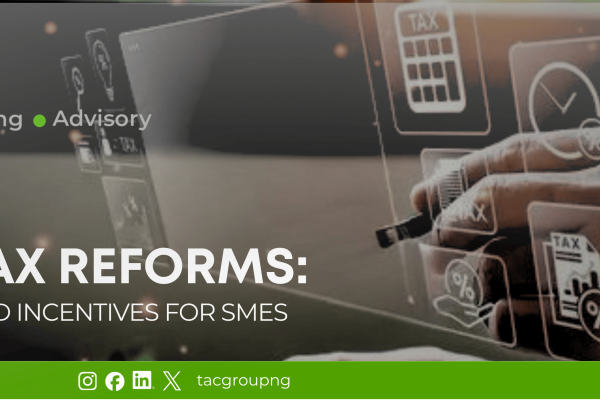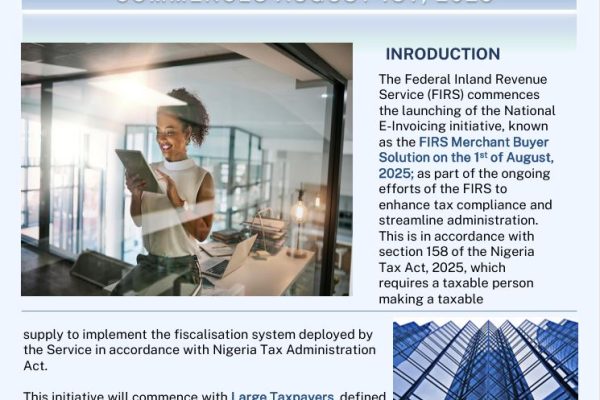Forensic Accounting and Investigation, Role in Preventing Financial Fraud
Role of Forensic Accounting and Investigation in Preventing Financial Fraud
Financial fraud is a significant concern for businesses and organizations of all sizes. The consequences of fraud can be devastating, ranging from financial losses to reputational damage. In this landscape, Forensic accounting and investigation play a crucial role in not only uncovering fraud but also preventing it. This blog post delves into how forensic accounting contributes to fraud prevention and the key strategies employed in this field.
What is Forensic Accounting?
Forensic accounting is a specialized branch of accounting focused on investigating and analyzing financial data to uncover fraud, misconduct, and other financial discrepancies. Unlike traditional accounting, which primarily deals with financial reporting and compliance, forensic accounting involves a detailed examination of financial records to uncover irregularities and provide evidence for legal proceedings.

The Importance of Forensic Accounting in Fraud Prevention
1. Detecting Red Flags Early
One of the primary roles of forensic accounting in fraud prevention is the ability to identify red flags early. Forensic accountants are trained to recognize unusual patterns, inconsistencies, and anomalies in financial data that could indicate fraudulent activities. By implementing regular forensic audits, businesses can detect potential fraud before it escalates.
Key Red Flags of Financial Fraud:
Unusual Transactions: Large or frequent transactions that deviate from normal business operations.
Inconsistent Financial Statements: Discrepancies between financial reports and actual financial performance.
Irregularities in Documentation: Missing or altered invoices, receipts, and financial records.
2. Designing Effective Internal Controls
Forensic accountants play a vital role in designing and assessing internal controls to prevent fraud. Effective internal controls are policies and procedures implemented by a company to ensure the accuracy of financial reporting and safeguard assets. Forensic accountants evaluate these controls to identify weaknesses and recommend improvements.
Examples of Internal Controls:
Segregation of Duties: Ensuring that no single individual has control over all aspects of a financial transaction.
Access Controls: Limiting access to sensitive financial data and systems to authorized personnel only.
Regular Audits: Conducting periodic internal and external audits to review financial processes and detect irregularities.
3. Conducting Thorough Investigations
When fraud is suspected, forensic accountants conduct detailed investigations to uncover the truth. Their expertise allows them to gather evidence, interview witnesses, and analyze financial transactions to build a comprehensive picture of the fraudulent activities. This investigative process is crucial in identifying perpetrators and understanding the methods used in the fraud.
Key Steps in Forensic Investigations:
Data Collection: Gathering and preserving financial records, documents, and electronic data.
Analysis: Examining financial data for irregularities, patterns, and evidence of fraud.
Interviews: Conducting interviews with employees, management, and other relevant parties to gather information.
How Forensic Accounting Helps Prevent Financial Fraud
4. Creating a Fraud Awareness Culture
Forensic accountants help organizations foster a culture of fraud awareness. By educating employees about the signs of fraud and the importance of ethical behavior, businesses can create an environment where fraudulent activities are less likely to occur. Regular training sessions and workshops can be instrumental in promoting ethical practices and understanding the consequences of fraud.
Components of a Fraud Awareness Program:
Training Sessions: Educating employees on recognizing and reporting fraud.
Ethics Policies: Establishing and communicating clear policies regarding ethical behavior and fraud prevention.
Whistleblower Programs: Implementing confidential reporting mechanisms for employees to report suspicious activities.
5. Implementing Fraud Prevention Measures
Forensic accountants assist in developing and implementing measures to prevent fraud. These measures may include establishing robust financial reporting procedures, enhancing security protocols, and integrating advanced technologies for fraud detection. By proactively addressing potential vulnerabilities, businesses can reduce the risk of financial fraud.
Examples of Fraud Prevention Measures:
Automated Fraud Detection Systems: Using software to monitor transactions and detect anomalies in real time.
Regular Risk Assessments: Evaluating potential risks and vulnerabilities in financial processes and implementing appropriate controls.
Fraud Risk Management Frameworks: Developing comprehensive frameworks to manage and mitigate fraud risks.
6. Providing Expert Testimony in Legal Proceedings
In cases where fraud leads to legal action, forensic accountants provide expert testimony in court. Their role is to explain complex financial evidence, present findings, and assist in legal proceedings. Their expertise is invaluable in proving the existence of fraud and supporting legal claims.
Role of Forensic Accountants in Court:
Expert Witness Testimony: Explaining financial evidence and findings to judges and juries.
Report Preparation: Preparing detailed reports that summarize the results of forensic investigations.
Case Consultation: Advising legal teams on financial matters and strategies related to the case.
Case Studies: Forensic Accounting in Action
7. High-Profile Financial Scandals
Examining high-profile financial scandals provides insights into the role of forensic accounting in fraud prevention. Cases such as Enron, WorldCom, and Bernie Madoff highlight the importance of forensic investigations in uncovering fraud and the impact of robust internal controls.
Lessons Learned from Case Studies on Forensic Accounting and Investigation:
Importance of Transparency: Ensuring transparency in financial reporting and operations.
Effective Internal Controls: Implementing and regularly reviewing internal controls to prevent fraud.
Proactive Fraud Detection: Utilizing forensic accounting techniques to detect and address fraud early.
Forensic accounting and investigation play a critical role in preventing financial fraud. By detecting red flags early, designing effective internal controls, conducting thorough investigations, and implementing fraud prevention measures, forensic accountants help businesses safeguard their financial integrity. Creating a culture of fraud awareness and leveraging advanced technologies further enhances fraud prevention efforts.
As businesses continue to face evolving financial threats, the expertise of forensic accountants becomes increasingly valuable. Proactive tax management and strategic planning are essential in maintaining a robust defense against financial fraud. Investing in forensic accounting services can not only help prevent fraud but also ensure that your business remains compliant, secure, and resilient.
Comment (1)
Comments are closed.












" Forensic Accounting: Skills, Certifications, and Career Paths" - TAC Group
October 3, 2024[…] Forensic accountants must stay updated with industry trends and regulatory changes. Continuing education through professional organizations, workshops, and seminars helps you maintain your certifications and stay current in the field. […]